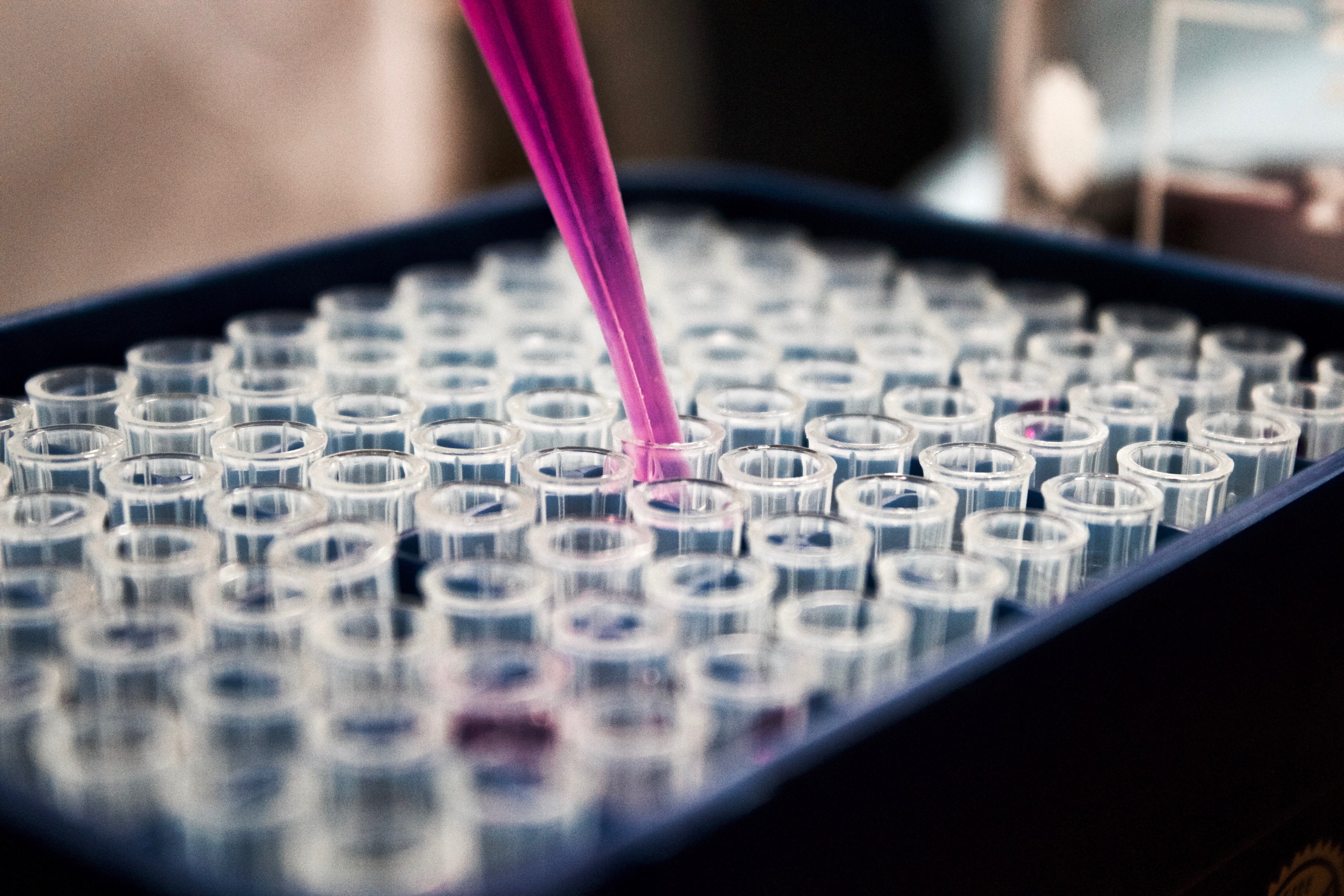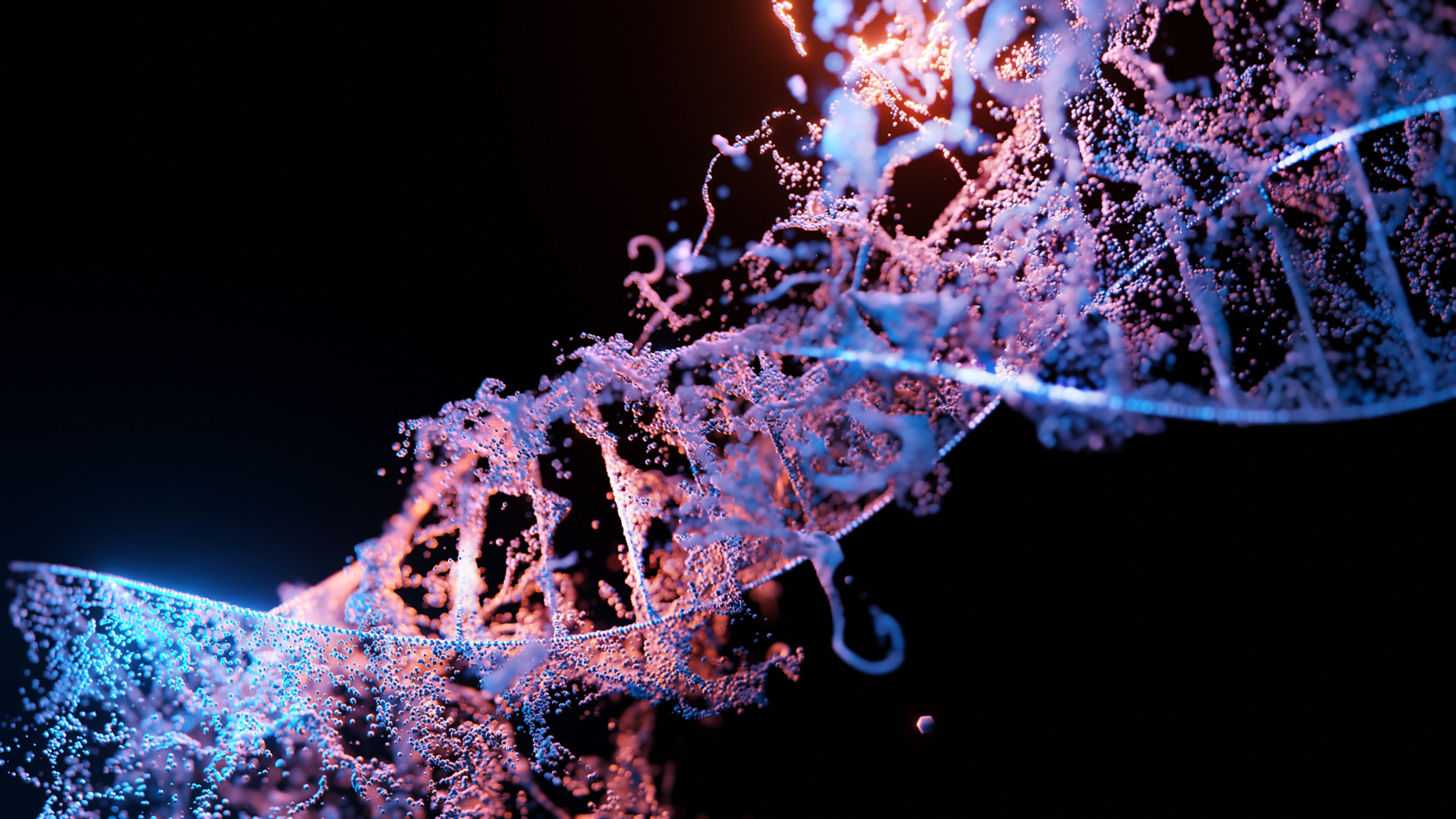Caffeine sensitivity is becoming an increasingly common topic of discussion. But how can you recognise it?
What symptoms should you watch out for?
Coffee, with its unmistakable aroma and distinctive bitter taste, has been one of the world’s most beloved and consumed beverages for centuries.
There’s no doubt that coffee has secured a special place in our daily lives; it accompanies us through hectic days, providing not only a boost of energy but also a small, enjoyable break.
Despite this, many people have a genetic sensitivity to caffeine, which, if overlooked, can lead to negative effects, such as an increased risk of non-fatal myocardial infarction.
Before we delve into this, let’s first explore what caffeine sensitivity really is.
What is Caffeine Sensitivity ?
Caffeine sensitivity is a condition where your body is unable to properly tolerate certain components in coffee, such as caffeine or other chemical substances.
While it is often confused with a caffeine allergy, it’s important to note that the two are different.
In the case of an allergy, the immune system reacts to specific allergens in coffee, causing severe and immediate reactions. With intolerance, the issue lies in the body’s inability to properly metabolise certain components.
There are various reasons why some people develop caffeine sensitivity. In some cases, it’s simply a matter of individual sensitivity, where the body struggles to handle the amount of caffeine present in the drink.
Other times, sensitivity may be linked to pre-existing gastrointestinal problems , such as irritable bowel syndrome or gastroesophageal reflux.
Furthermore, caffeine sensitivity can be influenced by genetic factors and also by one's age.
Some people may have less efficient enzymes responsible for metabolizing caffeine, making them more susceptible to side effects.
Symptoms of Caffeine Sensitivity
As mentioned, there are specific symptoms to pay attention to if they appear immediately after drinking coffee. These include:
-
Gastrointestinal problems: Abdominal pain, cramps, diarrhoea, and/or nausea can be indicators of coffee intolerance.
-
Palpitations and tachycardia: A sensation of a racing heartbeat.
-
Nervousness and anxiety: Feelings of agitation or restlessness.
-
Sleep disturbances: Difficulty falling asleep or maintaining restful sleep.
-
Headaches: Often caused by caffeine-induced vasodilation.
-
Increased blood pressure: Caffeine can temporarily raise blood pressure.
Once this sensitivity is diagnosed, it’s crucial to avoid coffee and other caffeine-containing beverages. However, this doesn’t mean you have to give up moments of pleasure and relaxation entirely.
There are many alternatives to coffee that can satisfy the craving for a hot, aromatic drink, such as caffeine-free teas, herbal infusions, barley, or other beverages made from grains or roots.
Test for genetic Sensitivity to Caffeine
Diagnosing coffee intolerance can be particularly complex, which is why it’s important to pay close attention to your symptoms every time you consume even a small amount.
Typically, it’s recommended to first rule out other medical conditions that could be causing similar symptoms. These symptoms can overlap with those of other conditions, so it’s up to a healthcare professional to exclude other possible causes of your discomfort.
Next comes the elimination test: it’s advisable to eliminate coffee and caffeine-containing beverages from your diet for a certain period.
During this time, your symptoms will be closely monitored to determine whether they disappear in relation to coffee consumption or its absence.
Currently, DNA tests for food intolerances are widely used. These tests can identify intolerances by analysing your DNA and provide results in a short period of time. Through these tests, you can also assess your genetic sensitivity to coffee.
To explain briefly how it works, DNA is collected via a cheek swab that is rubbed inside the patient’s mouth.
This procedure is effective for collecting the sample because the epithelial cells from the mouth’s mucosa adhere to the swab.
The test is completely non-invasive and can clarify any doubts about your intolerances. It’s an excellent option for those who want to discover their food intolerances and improve their overall health without having to avoid a food for too long—especially if that food isn’t the cause of their discomfort.
Our cutting-edge tests allow individuals to obtain relevant information for their well-being in record breaking time.
Conclusions
Caffeine sensitivity is a real and often overlooked condition that can occur in many people due to a variety of factors.
While coffee is widely appreciated for its flavor and stimulating effects, for some people it can represent an unsuspected enemy , causing unpleasant symptoms that can negatively affect the quality of life.
If you think you have a coffee intolerance, take a DNA intolerance test now, click here!




Leave a comment
This site is protected by hCaptcha and the hCaptcha Privacy Policy and Terms of Service apply.